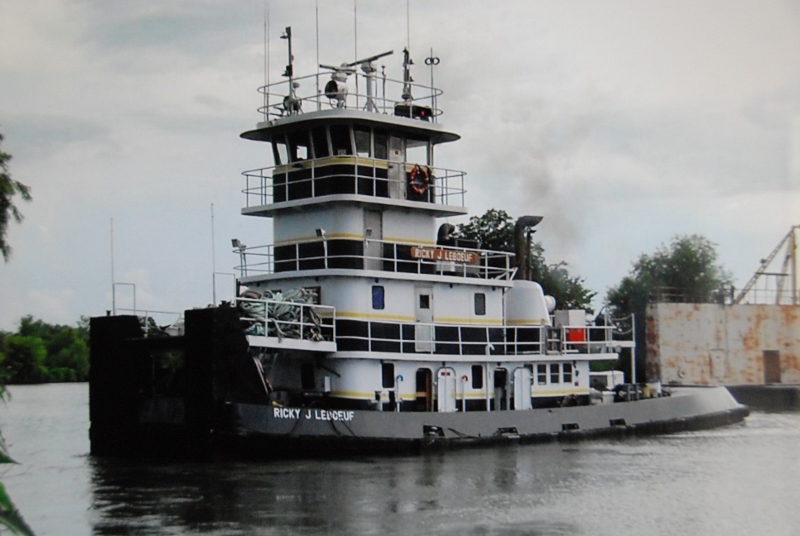When reading the tight narrative in the NTSB’s marine accident report about the 1,800-hp towboat Ricky J. Leboeuf, you’ll quickly sense the inevitability of the tragedy.
The ingredients included major flood conditions, multiple warnings, the policies and procedures in place, the entire crew’s apparent awareness of all the elements in play and their presumed preparedness to meet the challenge.
And yet it all added up to an F-minus in execution when everything was on the line. And that’s the nature of the downstreaming game. Once you are fully committed to the maneuver, whether it was right or wrong to even attempt it, you either execute or you don’t. There are no partial successes in such critical circumstances. It’s extremely important to note that aborting successfully while still under control because you don’t like what you see is not a failure. It’s a sign of experience and wisdom.
The following is an example of a lack of wisdom. “According to interviews with other crewmembers, the relief captain was fully aware of the risks associated with performing the downstreaming maneuver in the prevailing conditions, the company’s SMS policy and requirements that were in place to manage the risk, and caution advisories issued by both the company and VTS Houston/Galveston. Yet the relief captain decided to attempt the maneuver despite the risks and without consulting the vessel’s captain or the company port captain, as required by company policy.”
So, you ask, why are there no direct answers? It’s because the “relief captain refused to be interviewed by both the NTSB and the Coast Guard, thus investigators could not determine what factors, reasoning, and logic he considered before attempting the maneuver without implementing or adhering to any of the established safety precautions.”
It’s not really surprising. What was he possibly going to say? As for reasoning and logic, it’s doubtful there was any. For no apparent reason he threw caution to the wind and made an impulsive decision to go for it — a decision that literally went sideways. In this case someone else had to pay for it with his life.




